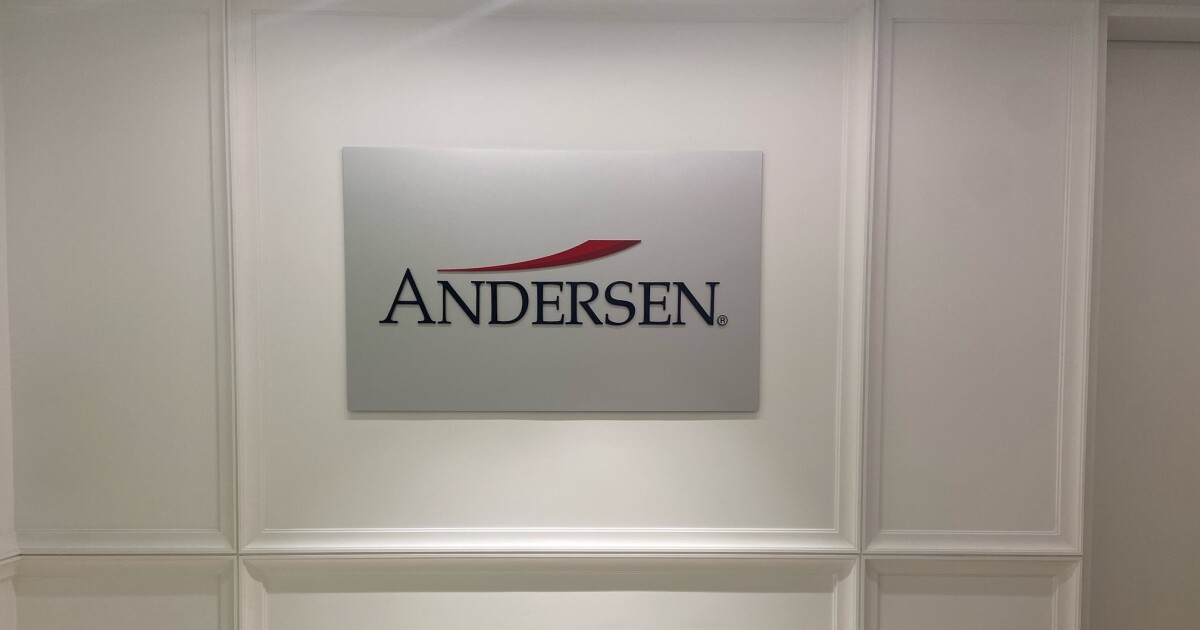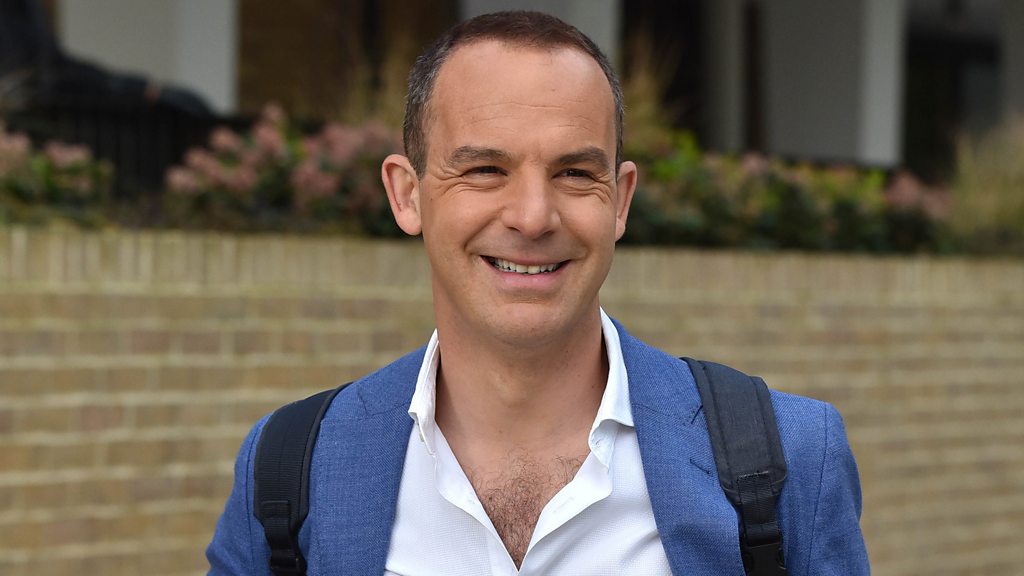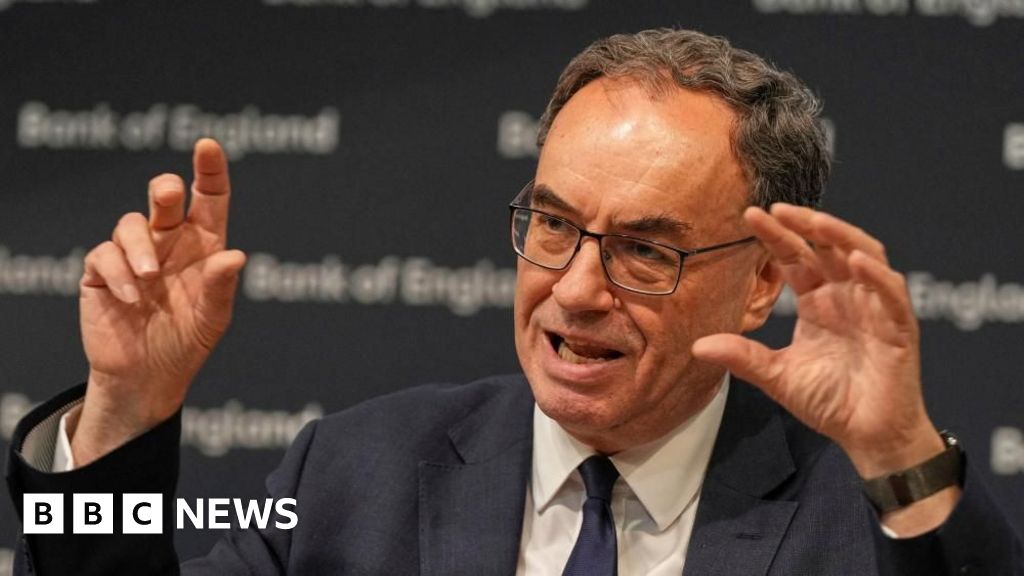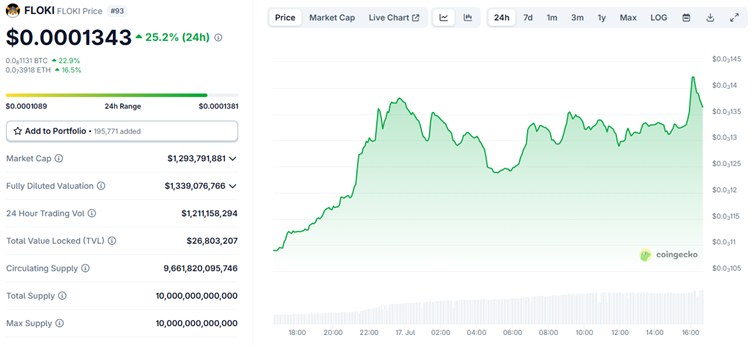Job interviews need to probe candidates’ decision-making capabilities more.
getty
When somebody who is not responding to allegations of misconduct or the like resigns from a senior post in an organization, it is generally reckoned that the reason is something like being overlooked for promotion or a disagreement over strategy or operational priorities. Few would believe that the reason was dissatisfaction with the way the organization made decisions. And yet a just-published survey commissioned by Kingsley Gate, a leading global, private equity-backed executive search firm, finds that 29% of senior executives have considered resigning from a job for this reason, with 34% saying that they had even taken the decision to resign because of it.
The finding is one of a number of surprising elements in a study of executives in a variety of industries in the Americas, Europe and Asia-Pacific. It was undertaken for Kingsley Gate by FT Longitude of the Financial Times Group in May and June of this year.
Given that the ability to make decisions is considered to be a key skill for executives, the extent of these concerns over decision-making would be serious enough on its own. But the survey also indicates the importance of this aspect of management to the organization in general. It suggests that executives who are satisfied with the decision-making effectiveness in their organizations are 3.6 times more likely to be satisfied with their jobs overall than those who are not happy with the decision-making.
This is significant because job satisfaction for all employees is a key driver of success for organizations. Indeed, the report points out that the finding linking happiness with decision-making and overall job satisfaction is line with other elements in employee satisfaction, such as compensation and benefits, workplace culture and career development.
Clearly, then, decision-making merits a lot more attention than it currently appears to be receiving from organizations. Kingsley Gate describes it as the “missing piece” in firms’ hiring strategies for senior executives, and points to how a quarter of them say they were not asked about their decision-making capabilities at interview. There is also evidence to suggest that that, even if they are asked about decision making, candidates are not pressed to elaborate on their approaches to the process and the thinking behind the decisions, it adds.
In order to counter this, Kingsley Gate says recruiters should ensure that decision making is discussed with the candidate during the hiring process. Assessing their decision-making ability and style will lead to the hiring of good decision makers, with the benefits already described. Moreover, with so many executives considering or actually resigning because of a lack of alignment with how the organization made decisions, it adds that candidates should have a good idea about the company’s decision-making approach before joining.
As part of this, organizations need to be prepared to delve a bit more deeply into the circumstances in which decisions are made, even when promoting from within. Umesh Ramakrishnan, CEO of Kingsley Gate, said in an interview ahead of publication of the report that “it’s not just the decision itself, it’s the process.” He explained that somebody could make the right decision, but then be hit by bad luck, such as a sudden unexpected event changing the market. Or somebody who had not made a particularly good decision could just get lucky.
He added that there should be an evaluation of the “decision-making environment” within the organization — whether the business was analytical or more entrepreneurial, mature or new. “Then you have to test the candidate to determine fit.”
The idea of “cultural fit” is tricky. On the one hand, it is obviously better if candidates are properly suited to the organization — back to alignment. But there is also a danger — a result of managers’ understandable tendency to hire in their own image — of organisations recruiting too many people who are too similar in background and outlook and can therefore develop a sort of “groupthink.”
For some time, HR departments have been seeking to remove the bias from the recruitment process for more junior employees in order to promote greater diversity and inclusiveness. With more senior hires, the job is more complex, but Kingsley Gate has developed a tool that assesses candidates with a view to giving clients an idea of what they can expect in terms of their decision-making approach. As part of the process, existing executives are assessed and placed in one of the four quadrants that are the basis of the tool. “If we find that everybody is in the same quadrant we alert the CEO,” said Ramakrishnan.
Organizations that might still doubt the need for diversity of thinking as well as of background and appearance might want to consider another of the survey’s slightly surprising findings. Yes, decision-making approaches do vary between countries, with the U.K., incidentally, adopting a relatively conservative approach. But the UAE, which many would expect to be a hierarchical and top-down society, favours a consensual approach. This is reckoned to be a result of the country attracting people from all over the world who bring with them aspects of their cultures and ways of doing business.
Credit: Source link










